9, March 2019
Yaounde to promote work opportunities for women in digital sector 0
Cameroon will make efforts to enhance the skills of and opportunities for women in the digital business as part of the measures to draw more young girls to the sector, said its telecommunications minister on Thursday.
“The more women we have in digital business, the better for the emancipation and growth of women,” said Minister of Post and Telecommunications Minette Libom Li Likeng.
“Digital economy is the future for our country and Africa. It plays a very important role in economies in developing countries. We will look for efficient and effective ways to encourage young digital entrepreneurs,” Likeng said while meeting with young female digital entrepreneurs at the National Advanced School of Post and Telecommunications.
The event was part of the activities to mark the International Women’s Day on March 8. Over 2,900 female students have been trained by the school with government support, Likeng said, calling for efforts to enroll more girls to the school.
Xinhuanet

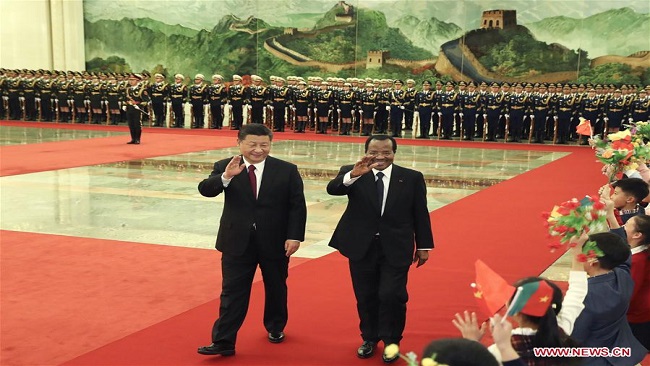
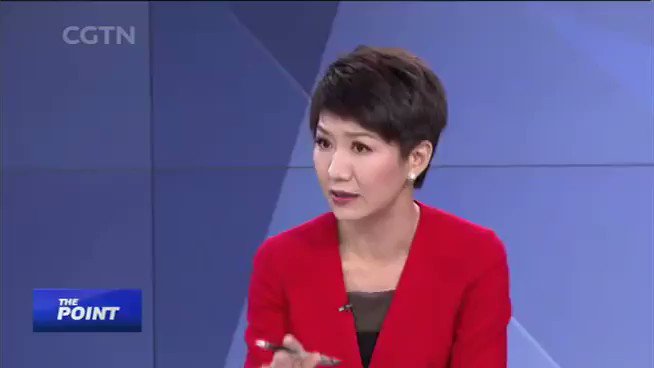
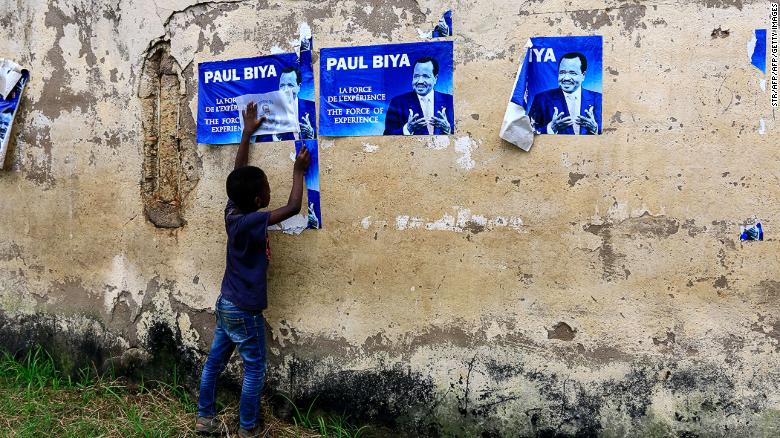
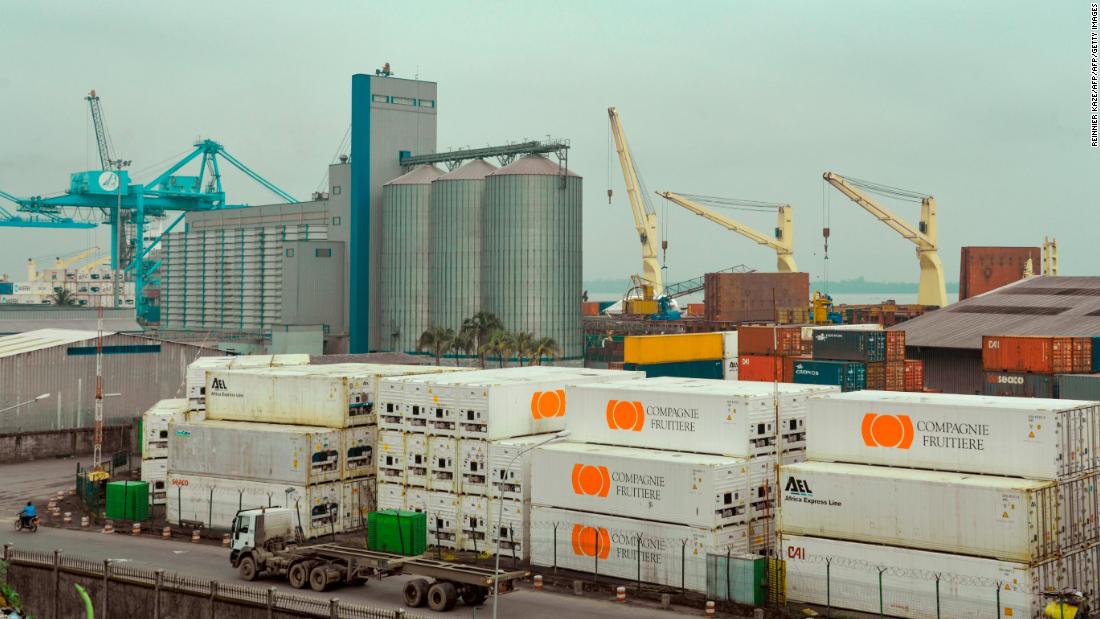
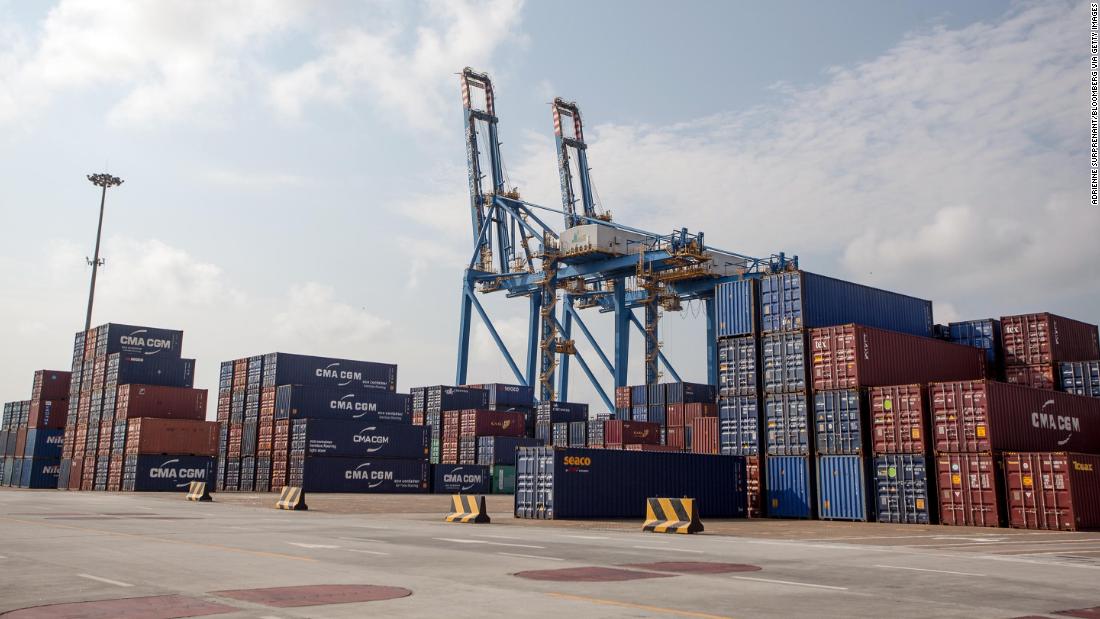
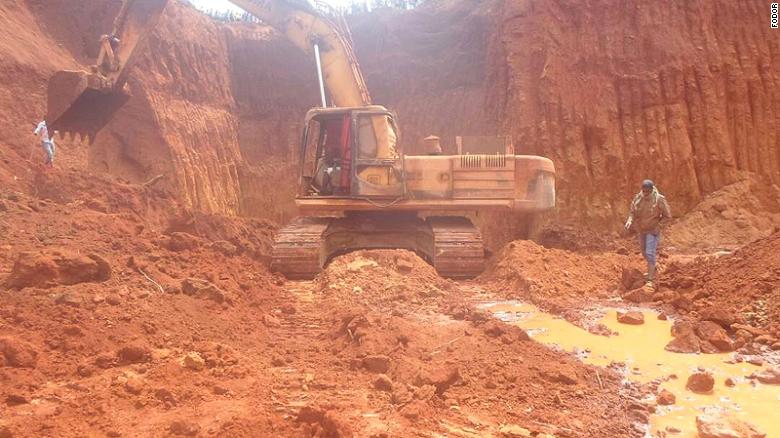
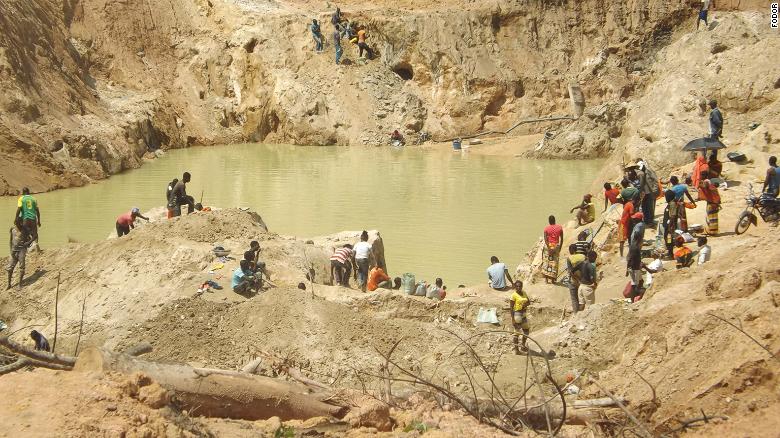

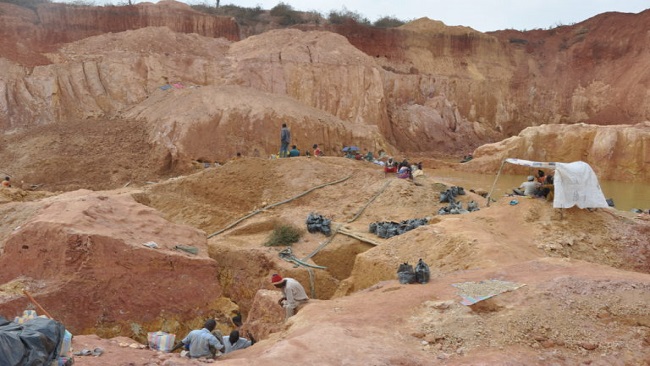
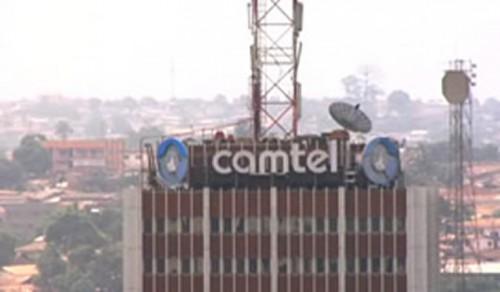

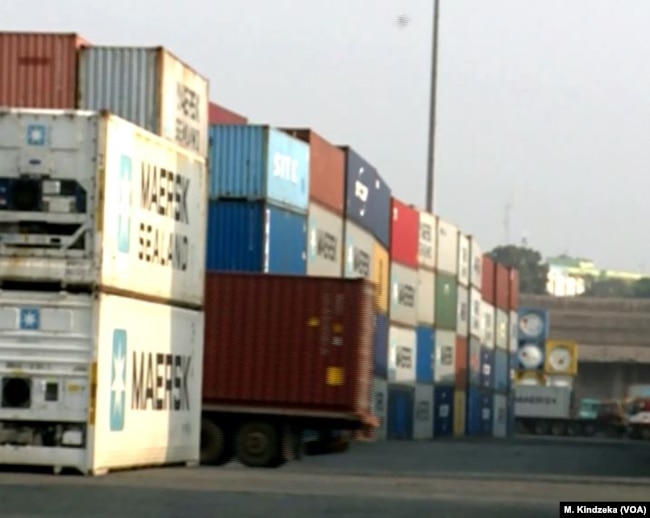
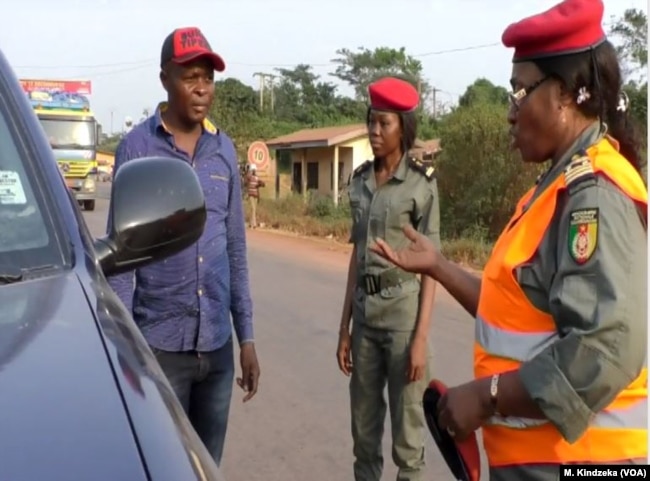




















12, March 2019
Cameroon suspended from WTO for failing to pay XAF180 million contribution 0
Cameroon just got suspended from the World Trade organization (WTO) for non-payment of its contribution amounting to XAF180 million. Trade minister, Luc Magloire Mbarga Atangana, has referred the matter to the Prime Minister’s office on March 5 and requested that the country complies with the requirements of WTO’s Trade Facilitation Agreement.
“I have the honor to inform you, Mr. Prime Minister, Head of Government, that the arrears of our contributions to the World Trade Organization have now peaked at XAF138 million for 2015, 2016, 2017 and 2018,” the trade minister wrote, stressing there is another XAF42 million to be paid for the FY2019, making an aggregate amount of XAF180 million.
According to Mbarga Atangana, Cameroon is currently subject to category III administrative sanctions, which consist of the suspension of all technical assistance activities and the denial of any access to training organized by the WTO. “Only the clearance of these arrears would allow our country to regain its rights within the Organization,” he concluded.
Source: Business in Cameroon